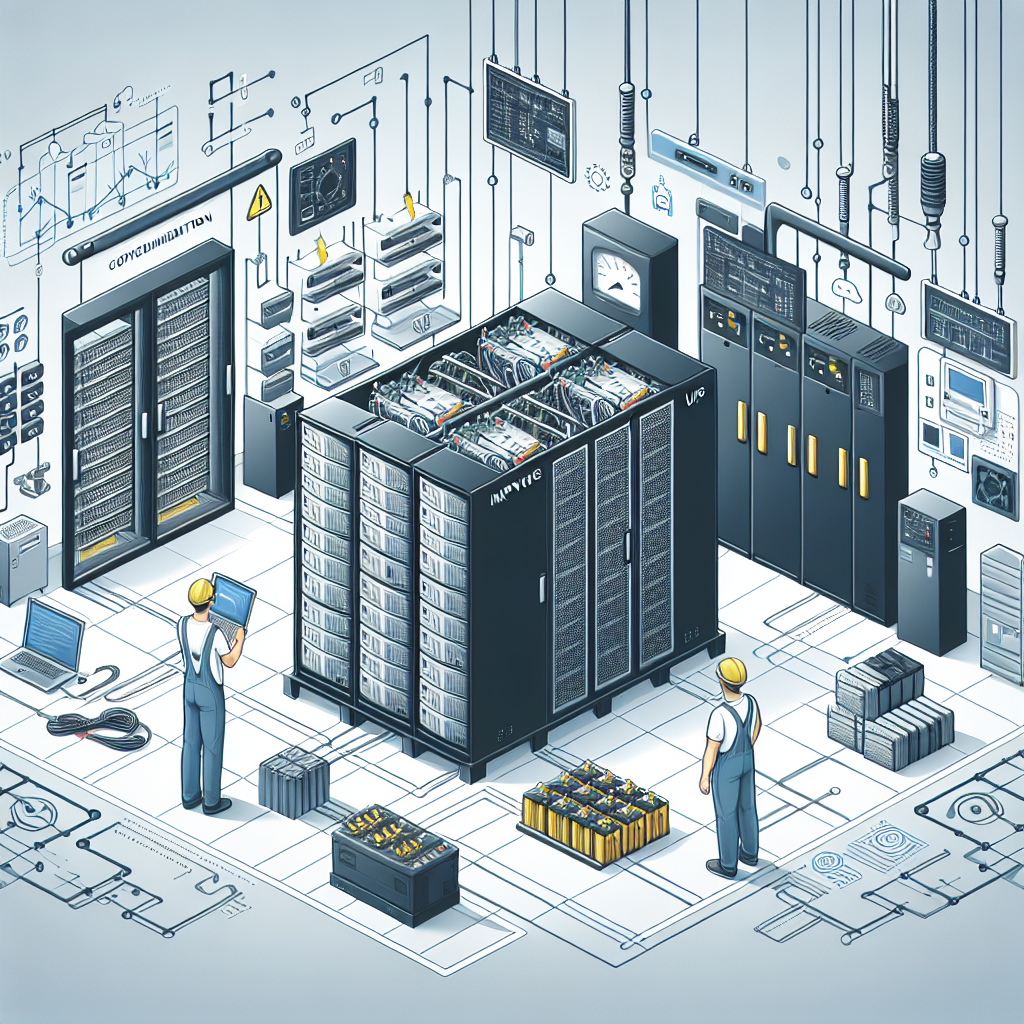In today’s digital age, data centers play a crucial role in storing and processing large amounts of information for businesses and organizations. With the increasing reliance on technology, it is essential for data centers to have a reliable power source to ensure uninterrupted operations. Uninterruptible Power Supply (UPS) systems are a critical component in data centers to provide backup power in the event of a power outage or disruption. When implementing UPS systems in data centers, there are several key considerations to keep in mind to ensure optimal performance and reliability.
Capacity Planning
One of the first considerations when implementing UPS systems in data centers is capacity planning. It is important to assess the power requirements of the data center and determine the appropriate size and capacity of the UPS system to meet the needs of the facility. Factors such as the size of the data center, the number of servers and equipment, and the criticality of the operations should be taken into account when determining the capacity of the UPS system.
Scalability
Scalability is another important consideration when implementing UPS systems in data centers. As data centers grow and expand, the power requirements may increase, requiring additional capacity in the UPS system. It is essential to choose a UPS system that can easily be scaled up to accommodate future growth and expansion without disrupting operations.
Redundancy
Redundancy is crucial in data centers to ensure uninterrupted operations and prevent downtime. When implementing UPS systems, it is important to consider redundancy options such as N+1 or 2N configurations to provide backup power in the event of a UPS failure. Redundant UPS systems can help minimize the risk of downtime and ensure continuous power supply to critical equipment and servers.
Efficiency
Efficiency is another key consideration when implementing UPS systems in data centers. UPS systems consume energy and can contribute to operational costs. Choosing an energy-efficient UPS system can help reduce energy consumption and lower operating costs. Look for UPS systems that are designed for high efficiency and have features such as eco-mode or energy-saving modes to optimize energy usage.
Maintenance and Monitoring
Regular maintenance and monitoring are essential for ensuring the reliability and performance of UPS systems in data centers. It is important to implement a comprehensive maintenance plan that includes regular inspections, testing, and battery replacements to prevent UPS failures and downtime. Additionally, implementing a monitoring system that can provide real-time data on UPS performance and alerting of any issues can help identify potential problems before they escalate.
Compliance and Standards
When implementing UPS systems in data centers, it is important to ensure compliance with industry standards and regulations. Choose UPS systems that meet standards such as UL, CE, and ISO to ensure reliability and safety. Additionally, consider factors such as seismic compliance and environmental conditions to ensure the UPS system is suitable for the specific requirements of the data center.
In conclusion, implementing UPS systems in data centers requires careful consideration of factors such as capacity planning, scalability, redundancy, efficiency, maintenance, monitoring, and compliance. By addressing these key considerations, organizations can ensure the reliability and performance of their UPS systems, providing uninterrupted power supply to critical equipment and servers in data centers.


Leave a Reply